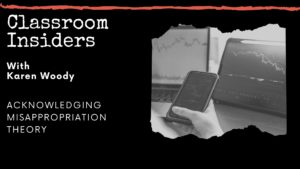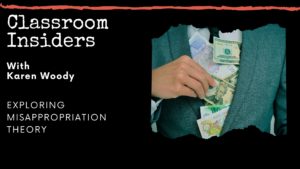
Andrew Pompa is 2L at Washington and Lee University with a background in economics and finance. Though his career path is undecided, he is very interested in securities regulation and insider trading. In this episode of Classroom Insiders with Professor Karen Woody, Andrew explores how misappropriation theory became legitimized by the court as a proper theory.
Andrew shares the differences between misappropriation theory and the classical theory of insider trading. In the classical theory, liability is premised on a breach of fiduciary duty, whereas misappropriation premises liability on a breach of confidentiality in a way that encapsulates people who would be deemed corporate outsiders. Carpenter v. SEC paved the way for the court’s acknowledgement of misappropriation theory.
Carpenter was an individual who received information from a Wall Street Journal reporter and traded it to stockbrokers, making roughly $690,000. The SEC successfully argued in the lower court that Carpenter and his accomplices breached a duty of confidentiality towards Wall Street Journal on the premise of misappropriation theory.
Resources
Karen Woody on LinkedIn






